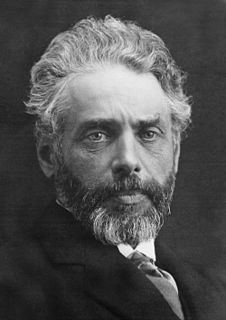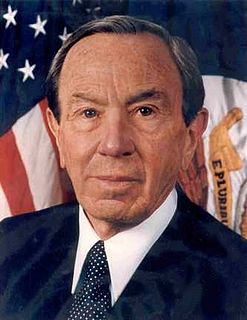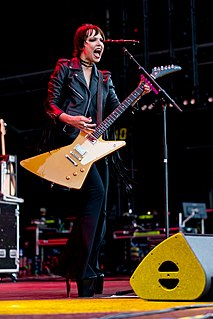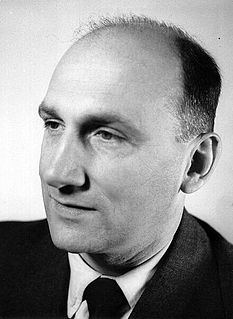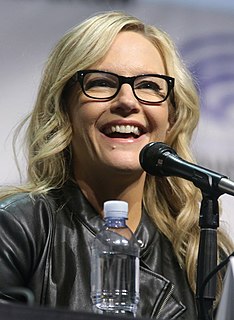A Quote by Henrik Pontoppidan
One of the middle ones in the flock, I was born on July 24, 1857, in the small Jutland town of Fredericia. In 1863, my father was transferred to Randers, another Jutland town, where a year later, at the age of six, I experienced the invasion of the allied Prussian and Austrian armies.
Related Quotes
The luckiest person in the world is somebody who is born into a small, shabby-genteel town on a major railway connection with 24,000 souls and a bird sanctuary and whose grandfather owns a farm and whose father owns a business -whose family is mildly prosperous but not rich, which means you can leave the town.
A town is a thing like a colonial animal. A town has a nervous system and a head and shoulders and feet. A town is a thing separate from all other towns alike. And a town has a whole emotion. How news travels through a town is a mystery not easily to be solved. News seems to move faster than small boys can scramble and dart to tell it, faster than women can call it over the fences.
I'm a small town boy from a place not too different from Farmville. I grew up with a corn field in my backyard. My grandfather had emigrated to this country when he was about my son's age. My mom and dad built everything that matters in a small town in southern Indiana. They built a family and a good name and a business, and they raised a family.
